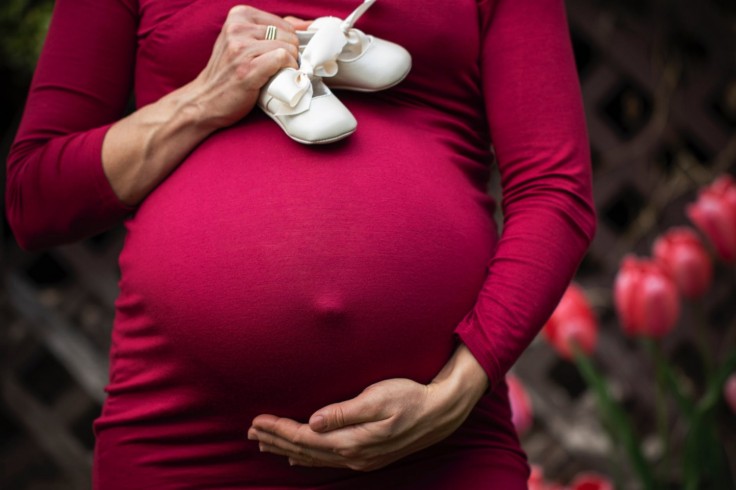
Pregnant women can be hypochondriacs since they are literally carrying another life inside of them and they are constantly reminded to be careful. But it is difficult, especially when the news is flooded with reports about the coronavirus. The virus originated in Wuhan, China, but as of late January 2020, it has spread to 18 countries around the world and around 8,000 cases worldwide, including 170 deaths, have been recorded.
In America, there are six confirmed cases. On January 30, America reported its first case of human-to-human transmission, it happened when an infected patient was diagnosed with the virus from his wife who had recently returned from Wuhan.
What is coronavirus?
According to the CDC, or the Centers for Disease Control and Prevention, there are seven different types of coronavirus known to infect humans. A lot of them are mild and can cause minor illnesses such as colds, but some forms of the virus, specifically MERS-CoV and SARS-CoV, can cause severe illness.
The form of coronavirus that is currently capturing headlines is 2019-nCoV and it is also referred to as novel coronavirus or the Wuhan coronavirus. On January 30, the World Health Organization declared the virus a global health emergency. Known as a "Public Health Emergency of International Concern", this term is used to describe an extraordinary event that puts the public health in multiple countries at risk, and it requires a coordinated international response.
The virus was only recently found to infect humans, according to Amesh A. Adalja, M.D., a senior scholar at the John Hopkins Center for Health Security and an infectious disease expert, There are a lot of scientists that are still trying to learn about it.
How does the virus spread?
The coronavirus spreads from an infected person to other people through respiratory drops that get into the air by sneezing or coughing, according to the CDC. Close contact with an infected person, like shaking hands or touching, or touching a surface that has been contaminated with the virus and then touching your eyes, nose, or mouth before you wipe or wash your hands can also spread the virus.
People who have had confirmed cases of novel coronavirus have experienced shortness of breath, coughing and high fever. The symptoms can appear anywhere from two to 14 days after a person has been exposed, and they have ranged from causing mild illness to severe cases.
What does it mean for pregnant women?
Scientists are still trying to learn more about the virus and how it can impact people. According to Rajeev Fernando, M.D., an infectious disease expert in Southampton, New York, says that pregnant women are immunocompromised and they are more susceptible to complications of respiratory infections like coronavirus. He recommends doing your best to follow precautions, like practicing good hand hygiene and avoiding crowded places and touching non-family members. If you happen to be in a crowded area, you need to wear a face mask for protection.
It is worth noting that scientists do not believe that coronavirus would impact your baby, even if you did happen to contract the virus. Dr. Fernando says that there are no respiratory viruses that are known to cross the fetus. Overall, experts stress that the risk to contract the virus is low, but you should still be aware of and educated about the coronavirus. Currently, the virus poses a low threat in America, but people, especially pregnant women, are asked to be cautious.
ALSO READ: Healthy Pregnancy: Why Expecting Moms Need Flu Shots